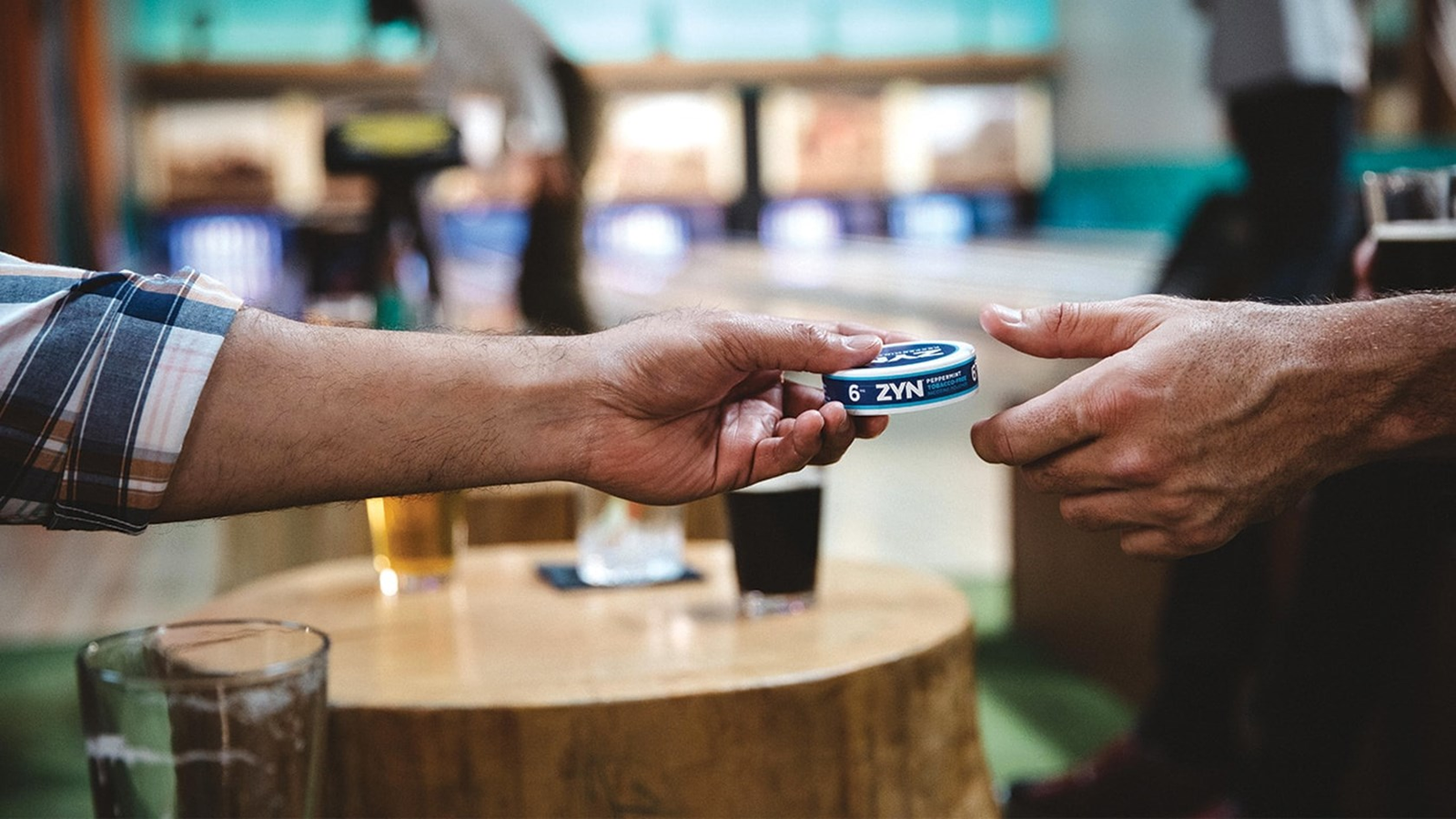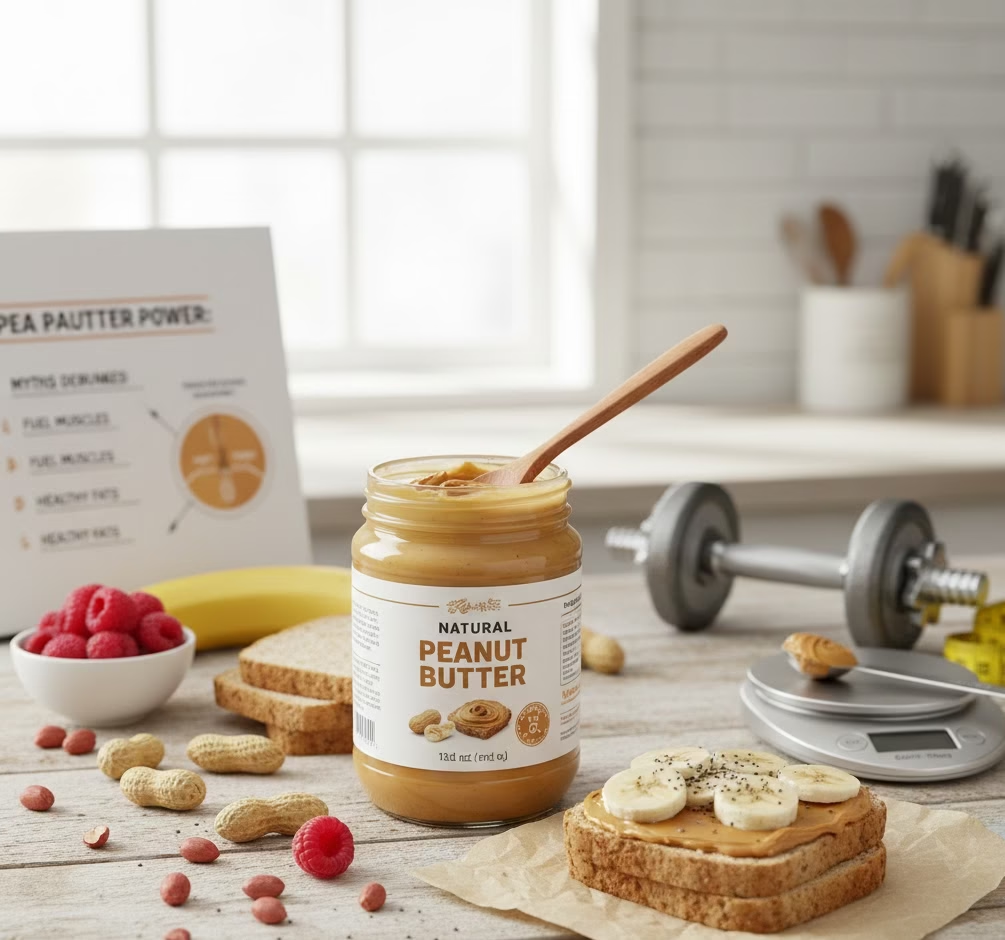Nicotine pouches are appearing left and right—at gas stations, on TikTok, and even in the hands of those who have never had a cigarette. They’re labeled as “tobacco-free,” spit-free, and amazingly discreet, with names that read more like candy than nicotine. But between the high-quality packaging and sugary names, things are a bit more complex.
Nicotine pouches, such as the well-known product Zyn, are little white bags containing nicotine powder, fragrances, and plant fibers. You insert one between your gum and lip, and the nicotine is absorbed directly through your mouth lining. No smoke, no vapor, and no spitting—which means they’re convenient to use just about anywhere.
It’s tempting at first glance to think that since these pouches don’t have tobacco leaves, they must be safe. But according to Alexandra Howell, DMD, a specialist in oral medicine at Virginia Commonwealth University, “tobacco-free does not mean risk-free.
So are nicotine pouches really safer than vaping or smoking? Not exactly. Vaughan Rees from the Harvard T.H. Chan School of Public Health indicates that although Zyn pouches do have “significantly lower health risks than smoking, because [they do] not contain cancer-causing chemicals and other toxic substances found in cigarette smoke,” they aren’t harmless.
The dangers don’t stop with dependence. Nicotine pouches lead to mouth ulcers, gum inflammation, and gum recession in the areas where they’re inserted. All that can contribute to tooth sensitivity and even tooth cavities over time. Nicotine dries out your mouth, making oral issues worse. And though these items never have the same concentration of carcinogens that cigarettes or chewing tobacco do, some research has still reported chemicals such as ammonia, chromium, and formaldehyde within them.
Another issue is their popularity among young individuals. The flavors—consider berry, cinnamon, or coffee—and packaging, which resembles more mints or gum, all make them simple to confuse with candy. Meghan Morean, PhD, of Yale Medicine, considers that although youth use hasn’t grown in the same manner that vaping did, these devices retain a strong popularity among kids and adolescents.
The regulatory aspect is just as baffling. The FDA just approved Zyn for sale as a potential for adult cigarette smokers to reduce or quit, but clarified that this doesn’t imply they are “safe.” It just implies that they could be less harmful than previous tobacco products.
The largest question mark? The long-term health impact. The vast majority of studies are still relatively new, and many have been sponsored by the tobacco companies. We don’t yet know how the flavorings, the synthetic nicotine, and other chemicals will impact the body after decades of usage.
So while nicotine pouches may seem like a cleaner, modern way to get a buzz, the reality isn’t so simple. They’re not risk-free, especially for young people and non-smokers, and the science hasn’t caught up to their popularity yet. If you’ve been seeing these pouches everywhere and wondering if they’re as harmless as they look, the honest answer is: not quite.

















